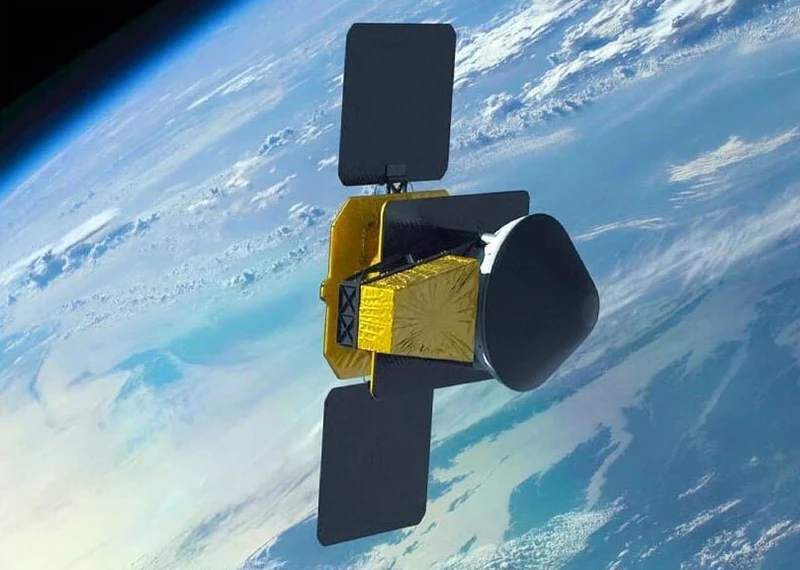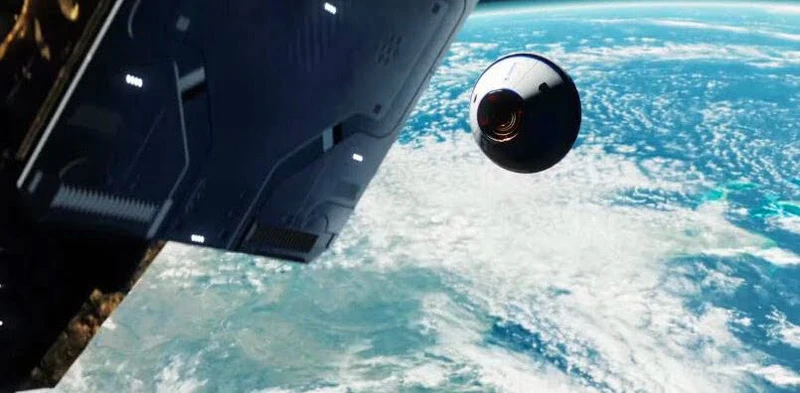The first space factory has been launched, aimed at pharmaceutical production in microgravity conditions. Using a capsule spacecraft, the produced goods will be returned to Earth.
The first one has gone.
The startup Varda Space Industries confirms the presence of its recently launched W-Series 1 satellite in orbit. This project was founded by former SpaceX engineer Will Bruin and former Founders Fund director Delian Asparuhov.
The mission of W-Series 1 is to test the feasibility of producing medications during space travel. It is expected that during the testing campaign, the satellite will assist researchers in developing ritonavir in space—a prescription drug commonly used to treat HIV infections and hepatitis C.

The W-Series 1 satellite is a pilot test space vehicle. It could be the first in a series of other spacecraft that will enable the establishment of a factory in space. The successful launch of this satellite was announced on June 13, 2023.
Pharmaceutical production in orbit is expected to begin this week. According to members of the Varda team, the satellite will produce “space medicines” and then send them back to Earth in a return capsule.
Development of pharmaceuticals in microgravity conditions
As noted by the publication Designboom Varda Space Industries’ spacecraft consist of three main components: a satellite bus, a payload module, and a capsule for returning to Earth. These components will be launched into space using commercial rockets. Currently, the satellite is attached to SpaceX Transporter-8.
Upon reaching space, the spacecraft began operating as the first space factory, producing various medical materials. After the manufacturing process is complete, the finished products will return to Earth thanks to a special descent module called Varda. It will detach from the main spacecraft and return at a very high speed (over 46,600 km/h). To slow down during landing, this capsule is equipped with a built-in parachute.

Varda is collaborating with research organizations to develop specialized compounds in a weightless environment – microgravity – and to expand its first space factory. Initially, the focus is on creating product formulations with small molecules.
However, in the future, the space startup plans to expand its activities into biopharmaceuticals. For now, the goal of the first mission of the space team is to return a small amount of materials from space for testing in laboratories before further expanding production.
As representatives of Varda Space Industries note, this will allow for the production of materials in space and support an economically efficient supply chain. The spacecraft will be used as a manufacturing platform in microgravity conditions.
All of this indicates a true revolution in the production process. Varda’s economic capsules for returning to Earth will not only safely bring home the produced goods but will also pave the way for the study and improvement of hypersonic systems, as noted by Varda Space Industries.
Collaboration with Rocket Lab in the development of factories in orbit
Varda Space Industries hopes to produce products at its first space factory that can be used in target markets. For example, fiber optic cables, pharmaceutical products, and semiconductors. The company believes that manufacturing these items in orbit, in a microgravity environment, will be significantly better than on Earth.
Currently, Varda Space is collaborating with Rocket Lab – another space company – to create four Photon spacecraft. Once production is completed, they will be launched into operational orbit, where they will be maintained in the correct position.
The Photon spacecraft’s role is to provide power, data, and control for the Varda manufacturing modules and re-entry modules, each weighing about 120 kg. All four Photon spacecraft will also include radio stations, reaction wheels, and star trackers designed and manufactured by Rocket Lab.
